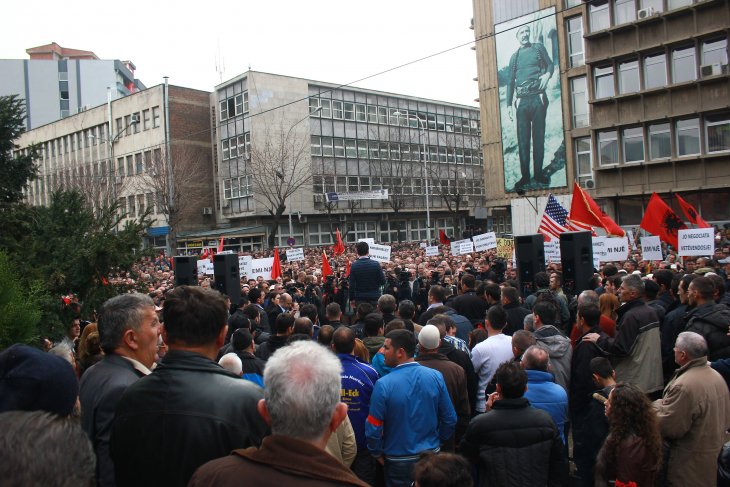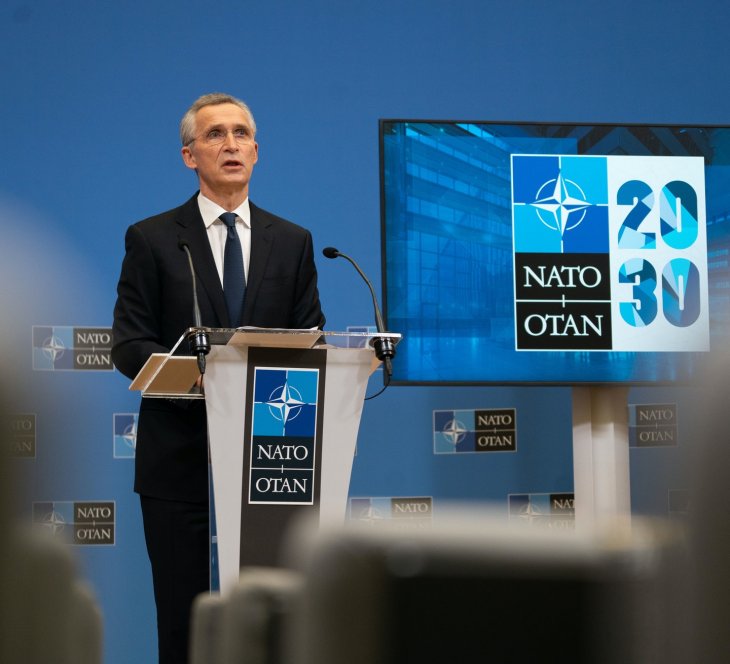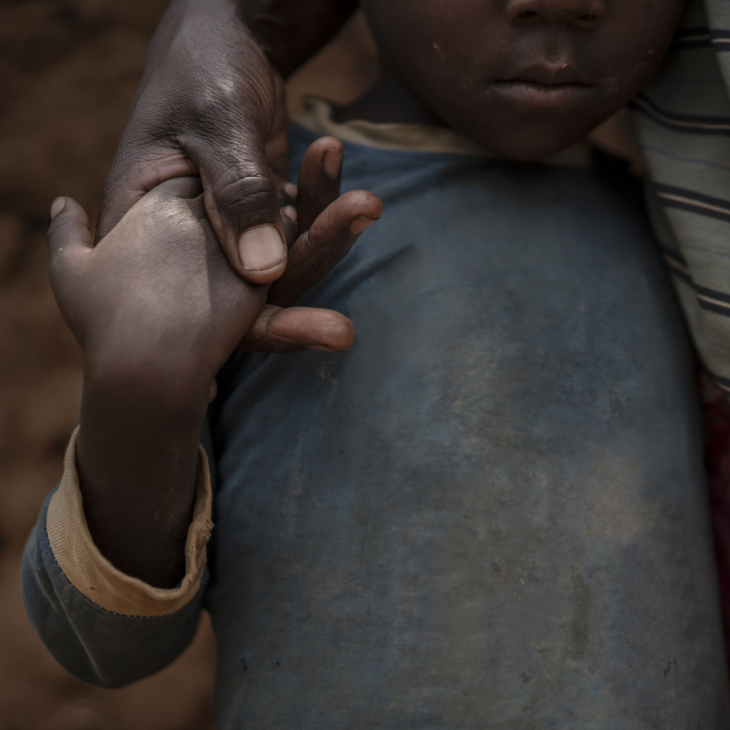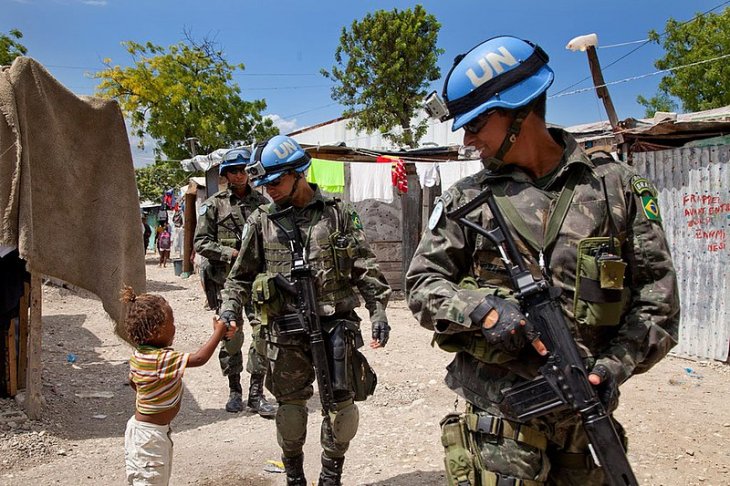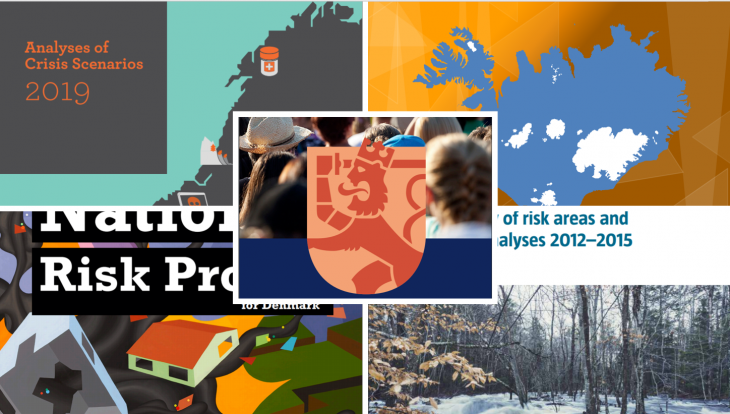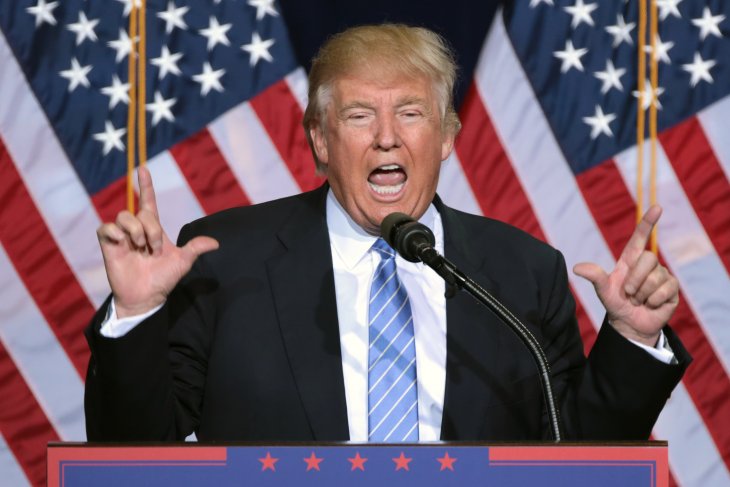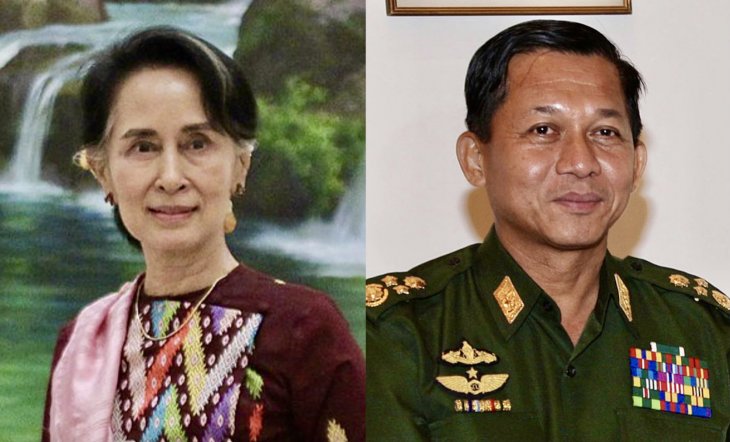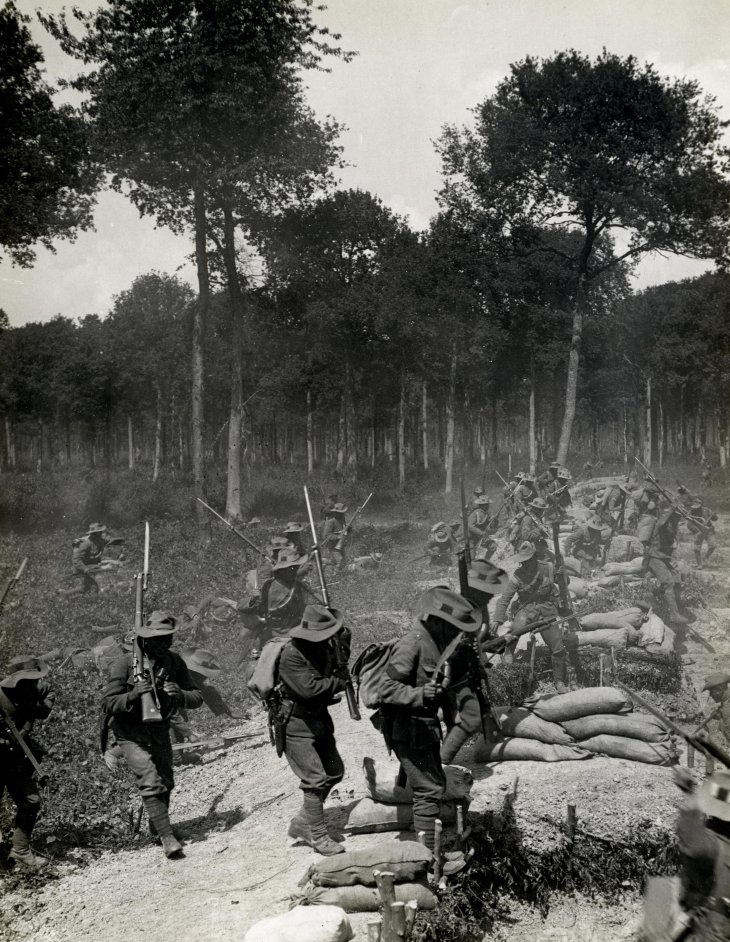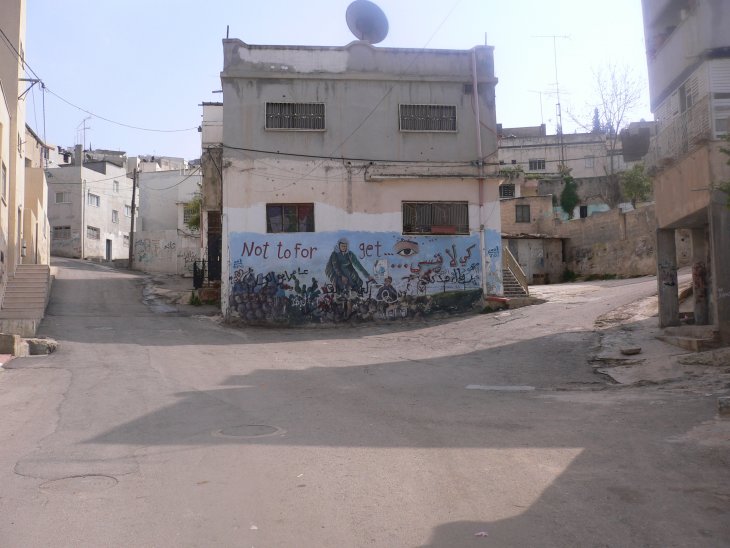Anthropogenic climate change poses unprecedented threats to socio-ecological systems, affecting the lives of millions of people around the world. Among others, global warming has resulted in an increased frequency, intensity and duration of extremes, such as heatwaves, droughts and heavy precipitations. Climate-related impacts include alteration of ecosystems, disruption of food production and water supply, damage to infrastructure and settlements, increased morbidity and mortality, and potential implications for mental health and human well-being.
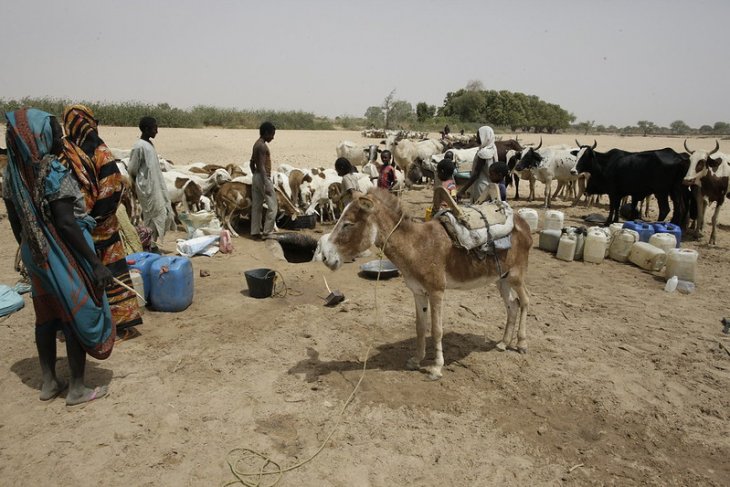
Figure 1″Refugees from South Sudan in El Daein, East Darfur” by UNAMID Photo.
